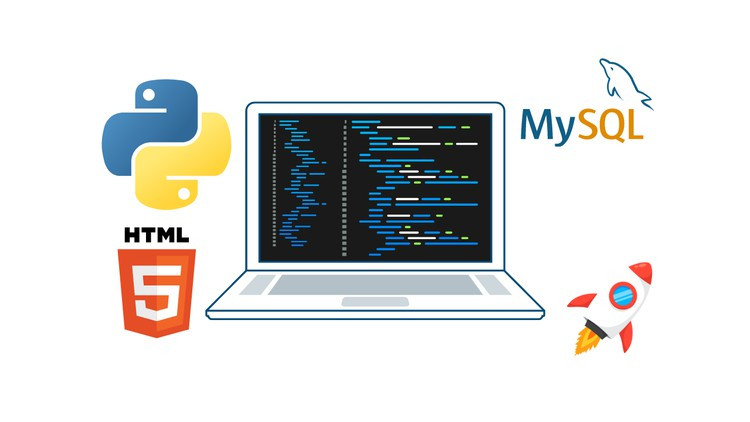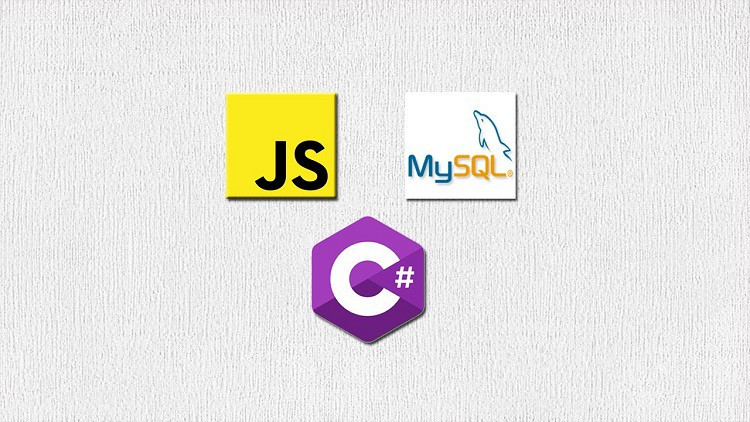Java, one of the most popular and versatile programming languages, provides a rich set of operators that allow developers to perform various operations on their data. Among these operators, relational and logical operators play a fundamental role in decision-making and control flow in Java programs. In this article, we’ll explore relational and logical operators, their functions, and how you can use them to enhance your Java programming skills.
Relational Operators
Relational operators, also known as comparison operators, are used to compare two values or expressions and determine the relationship between them. These operators return a boolean value, which can be either true or false, based on the result of the comparison.
The Equality Operator (==)
The equality operator, ==, is used to check if two values or expressions are equal. It returns true if the values are equal and false if they are not. For example:
public class RelationalOperators {
public static void main(String[] args) {
int a = 5;
int b = 5;
boolean isEqual = (a == b);
System.out.println(isEqual); // true
}
}The Inequality Operator (!=)
The inequality operator, !=, checks if two values are not equal. It returns true if the values are different and false if they are the same:
public class RelationalOperators {
public static void main(String[] args) {
int x = 10;
int y = 5;
boolean isNotEqual = (x != y);
System.out.println(isNotEqual); // true
}
}Greater Than (>) and Less Than (<)
The greater than operator, >, checks if the value on the left is greater than the value on the right. The less than operator, <, does the opposite; it checks if the value on the left is less than the value on the right. Both operators return true if the condition is met and false if it’s not:
public class RelationalOperators {
public static void main(String[] args) {
int p = 8;
int q = 4;
boolean isGreater = (p > q);
System.out.println("p is greater than q: " + isGreater); // true
boolean isLess = (p < q);
System.out.println("p is less than q: " + isLess); // false
}
}Greater Than or Equal To (>=) and Less Than or Equal To (<=)
The greater than or equal to operator, >=, checks if the value on the left is greater than or equal to the value on the right. The less than or equal to operator, <=, checks if the value on the left is less than or equal to the value on the right:
public class RelationalOperators {
public static void main(String[] args) {
int m = 7;
int n = 7;
boolean isGreaterOrEqual = (m >= n);
System.out.println("m is greater than or equal to n: " + isGreaterOrEqual); // true
boolean isLessOrEqual = (m <= n);
System.out.println("m is less than or equal to n: " + isLessOrEqual); // true
}
}Logical Operators
Logical operators are used to perform logical operations on boolean values, allowing you to build more complex conditions. Java provides three main logical operators: && (logical AND), || (logical OR), and ! (logical NOT).
Logical AND (&&)
The logical AND operator, &&, returns true if both of its operands are true. If any of the operands is false, the result is false. It is commonly used to combine multiple conditions, ensuring that all of them are satisfied:
public class LogicalOperators {
public static void main(String[] args) {
boolean isSunny = true;
boolean isWarm = true;
boolean isBeachDay = isSunny && isWarm;
System.out.println(isBeachDay); // true
}
}In this example, isBeachDay will be true only if both isSunny and isWarm are true.
Logical OR (||)
The logical OR operator, ||, returns true if at least one of its operands is true. It returns false only if both operands are false. This operator is useful when you want to check if any of several conditions are met:
public class LogicalOperators {
public static void main(String[] args) {
boolean hasCoffee = true;
boolean hasTea = false;
boolean isCaffeinated = hasCoffee || hasTea;
System.out.println(isCaffeinated); // true
}
}In this example, isCaffeinated will be true because at least one of the conditions (having coffee) is satisfied.
Logical NOT (!)
The logical NOT operator, !, is a unary operator that negates a boolean value. If the operand is true, ! will return false, and vice versa. It is often used to reverse the result of a condition:
public class LogicalOperators {
public static void main(String[] args) {
boolean isRainy = true;
boolean isNotRainy = !isRainy;
System.out.println(isRainy); // true
System.out.println(isNotRainy); // false
}
}In this example, isNotRainy is false because it negates the value of isRainy.
Combining Relational and Logical Operators
The true power of these operators is revealed when you combine them to create complex conditions. For example, consider a scenario where you want to determine if a person is eligible to vote in an election:
public class LogicalOperators {
public static void main(String[] args) {
int age = 18;
boolean isCitizen = true;
boolean isRegistered = true;
boolean canVote = (age >= 18) && isCitizen && isRegistered;
if (canVote) {
System.out.println("You are eligible to vote!");
} else {
System.out.println("You are not eligible to vote.");
}
}
}In this code example, we use the logical AND operator && to combine three conditions: the person’s age must be 18 or older, they must be a citizen, and they must be registered to vote. Only if all three conditions are true, the canVote variable will be true, and the person is eligible to vote.
Conclusion
Relational and logical operators are essential tools in Java for comparing values and making logical decisions. By understanding how these operators work and using them effectively, you can write more efficient, readable, and reliable code. Whether you are a beginner or an experienced Java developer, mastering these operators is a crucial step in your programming journey. Practice and experimentation are the keys to becoming proficient in their use, so don’t hesitate to explore and apply what you’ve learned in your Java projects.
I hope you found this article informative and useful. If you would like to receive more content, please consider subscribing to our newsletter.







